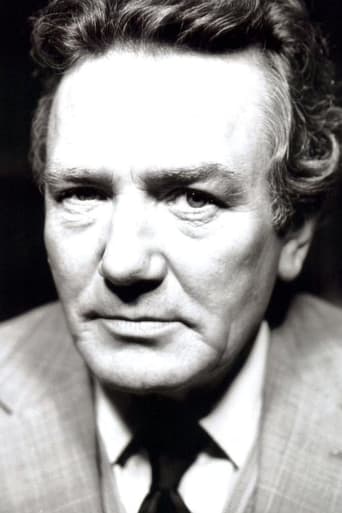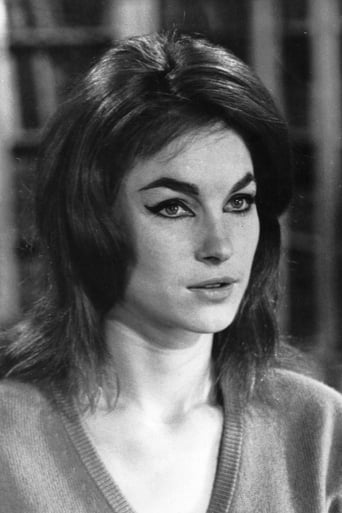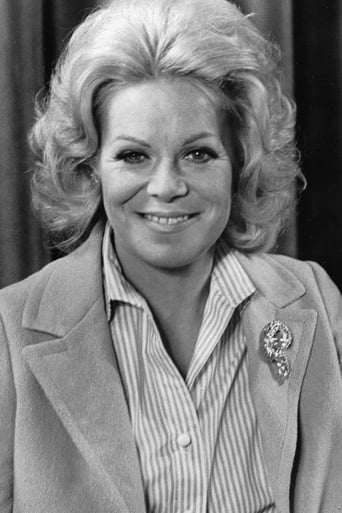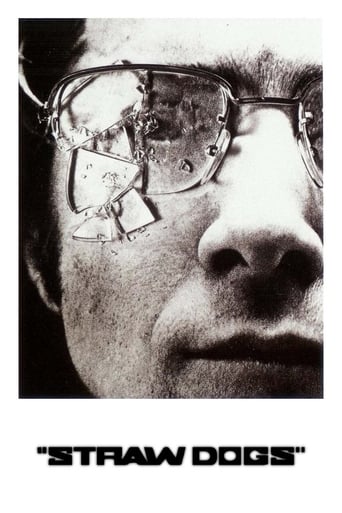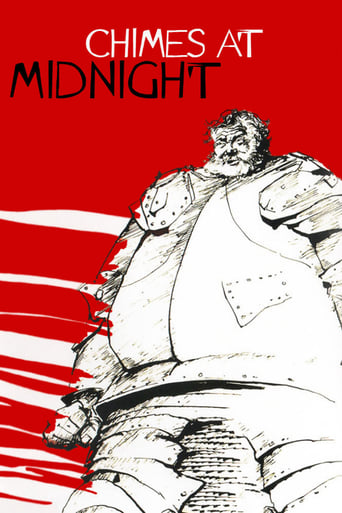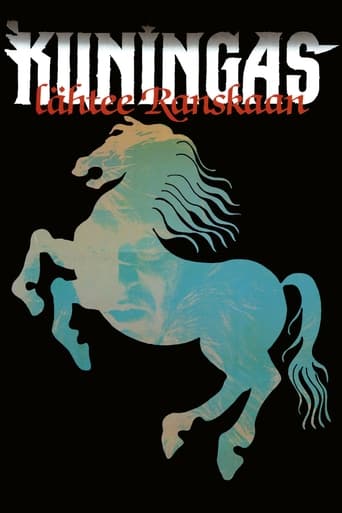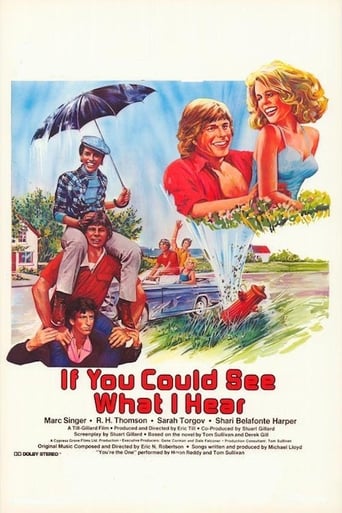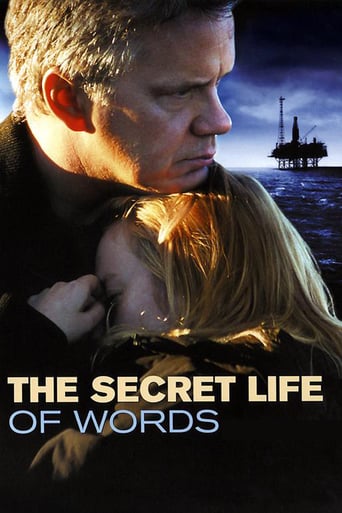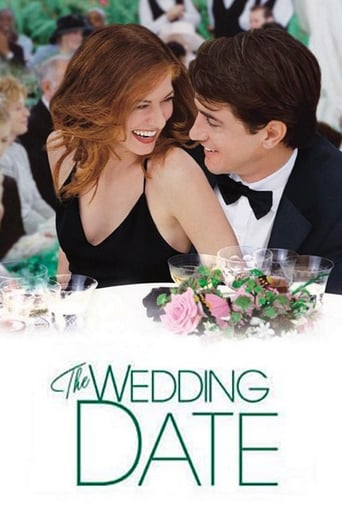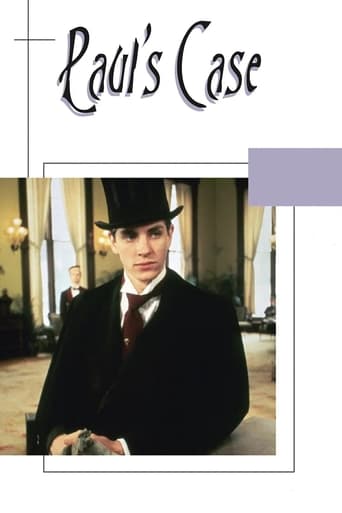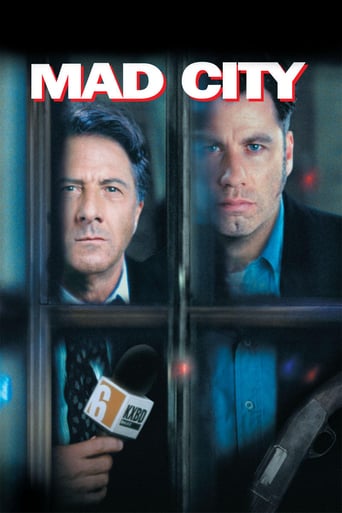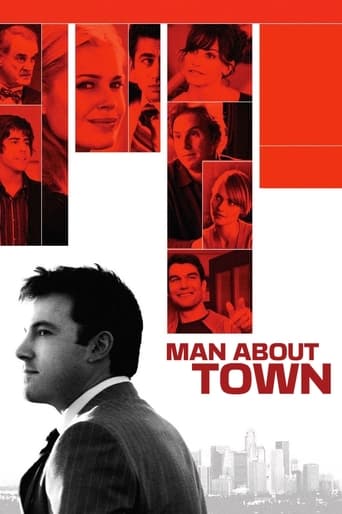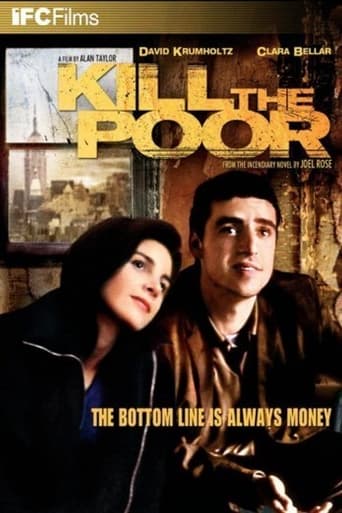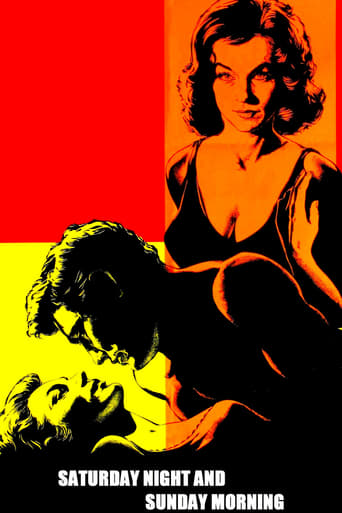
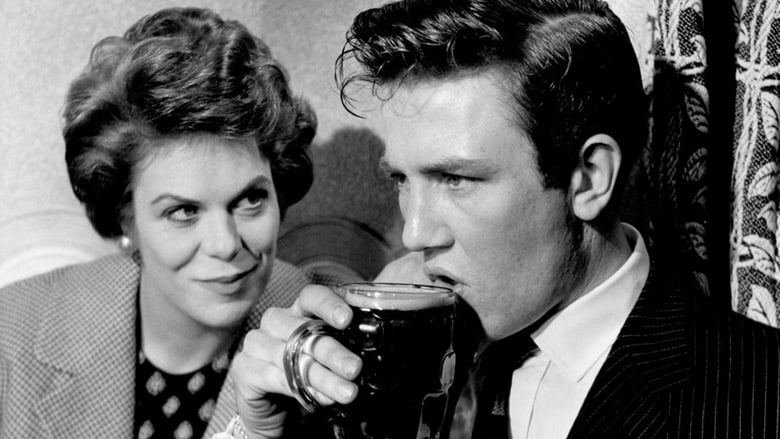
Saturday Night and Sunday Morning (1960)
A 22-year-old factory worker lets loose on the weekends: drinking, brawling, and dating two women, one of whom is older and married.
Watch Trailer
Cast


Similar titles
Reviews
the audience applauded
Fresh and Exciting
Great movie! If you want to be entertained and have a few good laughs, see this movie. The music is also very good,
This is a dark and sometimes deeply uncomfortable drama
Saturday Night and Sunday Morning is another of the 'kitchen sink' dramas that were all the rage at the turn of the 1960s, and it's also an 'angry young man' film to boot. Albert Finney takes the lead role of a maladjusted young bloke who's got two women on the go at the same time; one of them is an older unhappily married woman and the other is more his age. There are definite shades of ROOM AT THE TOP in this premise but the film has a character all of its own.I find films like this invaluable these days for their insight into working class life during the era. A grimy and industrial Nottingham is brought to vibrant life here and if Finney isn't a very likable character at all then at least he's thoroughly entertaining throughout. A decent supporting cast keep the atmosphere of realism going, and the production has a good sense of pace. I found the ending a little lacklustre but otherwise this is decent stuff.
Alan Sillitoe was one of a number of young writers who emerged in the late fifties and sixties and who have become known as the "kitchen sink" school. (Other members of the group included the novelists Stan Barstow, John Braine, David Storey and Barry Hines and playwrights such as John Osborne and Shelagh Delaney). Their work was distinguished by a social- realist concentration on working-class life, often with a provincial setting.Sillitoe's first novel "Saturday Night and Sunday Morning" had an immediate impact when first published in 1958 and is still regarded today as one of the key texts of the "kitchen sink" movement. As with a number of other "kitchen sink" works such as Osborne's "Look Back in Anger", Braine's "Room at the Top", Delaney's "A Taste of Honey" and Barstow's "A Kind of Loving", the British cinema, which was going through a similar social-realist phase at the time, was quick to adapt the novel for the screen. Both book and film are set in the author's native Nottingham and tell the story of Arthur Seaton, a young worker in a bicycle factory. In many ways Arthur is not a particularly admirable character. He is a heavy drinker and a womaniser who is conducting an affair with Brenda, the wife of a colleague at work. His relationship with Brenda, however, does not prevent him from courting a young single woman named Doreen. Yet in Arthur's own words (a quote later made famous by the Arctic Monkeys) "whatever people say I am, that's what I am not". It would be too easy to dismiss him simply as a drunken, rebellious troublemaker. Unlike his father, who was frequently unemployed during the depression of the thirties, Arthur is fortunate enough to have come into manhood at a time of economic prosperity, a time when Britons were being assured by their Prime Minister, Harold Macmillan, that they had "never had it so good", and is able to earn a reasonable wage by working hard. And yet, in Sillitoe's view, "never had it so good" was still not good enough. One of the themes of the novel is the way in which the class divisions of pre-war Britain still persisted despite the post-war economic boom. Arthur is not only angry with the "System" but also with his parents' generation, whom he sees as conformists, "dead from the neck up". He is clearly intelligent and articulate, yet has only received a basic formal education and is unable to find anything other than mundane and repetitive factory work. His anger and resentment may stem from frustration at being unable to put his intelligence to more creative use. Sillitoe also wrote the screenplay for this film, and simplifies his story somewhat. For example, he omits Arthur's affair with another married lover, Brenda's sister Winnie this detail from the film. Shirley Anne Field as Doreen is rather older and more experienced that the innocent teenager of the novel. On the whole, however, the film remains faithful to the themes of the book. This was the first feature film directed by Karel Reisz, a Czech refugee to Britain from Nazism, who had earlier been one of the founders of the Free Cinema documentary movement. Two of his co-founders, Tony Richardson and Lindsay Anderson, also went on to work in the "kitchen sink" style; Richardson's work in the genre includes "The Loneliness of the Long Distance Runner", also based on a story by Sillitoe, and Anderson's includes "This Sporting Life" which also stars Rachel Roberts, who plays Brenda here. The influence of Reisz's career as a documentary film-maker is evident in his use of genuine Nottingham locations, especially the scenes set in the bicycle factory which have a very "documentary" feel to them. Another influence is visible in the scene at the funfair where Arthur is trapped on a merry-go-round by Brenda's husband Jack, who has discovered her affair with Arthur, and two soldier friends; the menace in this scene recalls the work of Alfred Hitchcock, who also set a key scene on a merry-go-round in "Strangers on a Train". In the early sixties Albert Finney was one of the rising young stars of the British acting profession, and this was his second film. (The first was Richardson's "The Entertainer", also from 1960). Although he was only 24 he gives a very assured performance here, bringing out Arthur's intelligence as well as his feral, rebellious streak. This is probably a better performance than Finney's next one in "Tom Jones" which was to win him the first of his five Oscar nominations, but he was never going to be nominated here. British social-realism never found much favour with the Academy who probably found it too depressing and (an even greater sin in American eyes) too left-wing. There are also some good contributions from the supporting cast, too many to single them all out but Roberts particularly stands out. Brenda is married to an older man whom she does not love, and in love with a younger one who only uses her for sex. In the earlier scenes she seems hard and brassy, but is tragic and pitiable in the later ones after she finds out she is pregnant by Arthur who she knows will abandon her. Kitchen-sink realism was a fairly short-lived phenomenon; a few good examples were made in colour in the late sixties ("Alfie", "Kes", "Up the Junction", "Spring and Port Wine"), but it largely died out in the seventies, although occasional attempts have been made to revive it. The finest of the genre, however, have survived to become classics of the British cinema, and along with the likes of "A Kind of Loving" and "A Taste of Honey" "Saturday Night and Sunday Morning" is among the foremost of these. 8/10
Atmospheric, startlingly mature adaptation of Alan Sillitoe's novel (by the author) regarding Arthur Seaton, a 20-ish working-class Brit employed at the local factory and still living at home, who is 'knocking about' with a co-worker's wife while despairing against marriage (and the TV-watching rut his parents have slipped into). Just as he begins courting a local lovely with mother-troubles of her own, he finds out his married playmate is pregnant. Prickly film has fine moments of both tension and schoolboy humor, propelled by Albert Finney's flawless central performance. Highly-influential in its time, and still powerful today, the picture employs a confrontational tone with acerbic dialogue, never lapsing into fake pathos or dreary ruminations. It is ripe and alert and alive. *** from ****
Somewhat gloomy look at working class local lad (Finney) thumbing his nose at the establishment, living a hand-to-mouth existence with every discretionary penny sunk into booze-fuelled antics with local women and the occasional dust-up. There's no aspirations other than the simple pleasures of a hard-earned weekend bender. His hell-raising days appear to be drawing to an abrupt and premature end when his infidelity with a co-worker's wife (Roberts) results in an unwanted pregnancy. But there's soon the promise of new love (Field) and all the spontaneity and cheerful ignorance that he craves.Well photographed, the post war images of a semi-industrial England paints a vivid picture of the times, perfectly matched by Finney's rough diamond, an alpha male adored by all the women, morally and ethically in tune, but characteristically flawed. He totally immerses himself in the role, and his performance is underscored by the tragic Roberts character, forced to endure the ignominy of an abortion, along with the pain of rejection. One of the highlights in a succession of landmark British films that broke the mould, opening the door for the new wave of talent to emerge (Finney, Courtenay, Bates, Stamp, Hemmings etc) and forever change the British film landscape. Highly provocative subject matter was daring in its day and the open-ended resolution is by no means a bright one, offering no false promises that betray the context. But unlike its central character, the audience will be rewarded with this gritty, realistic drama of substance.


